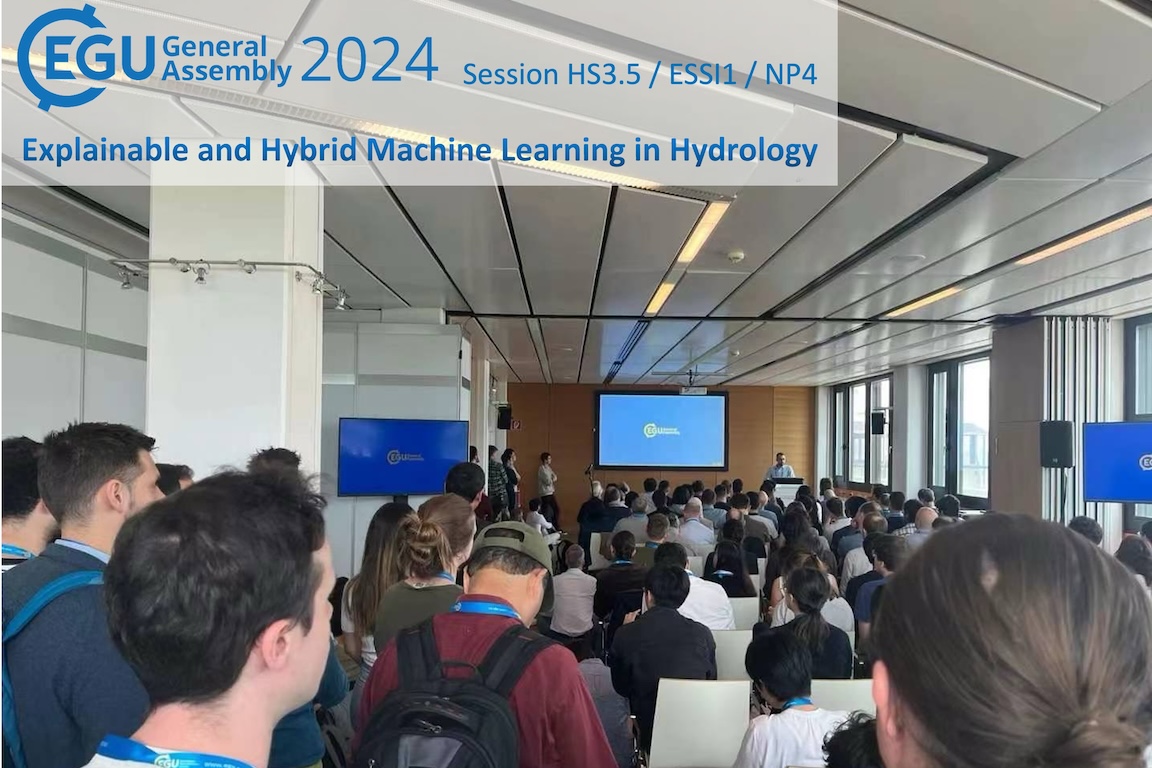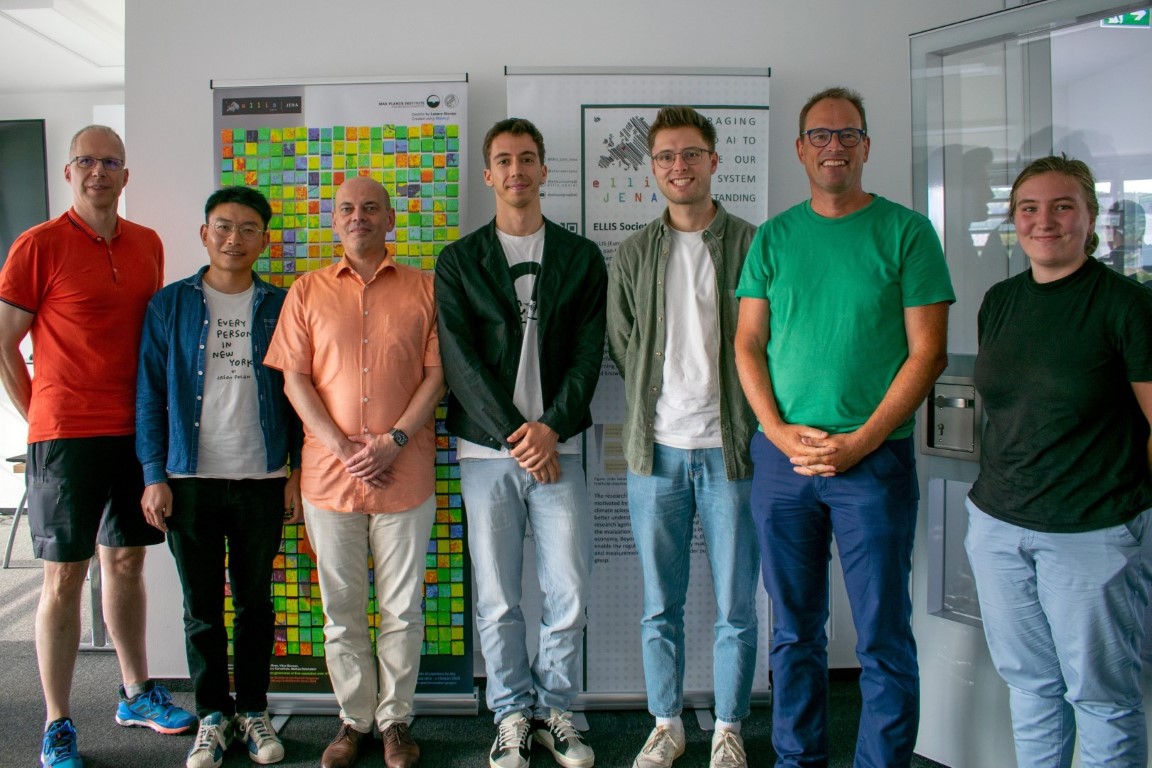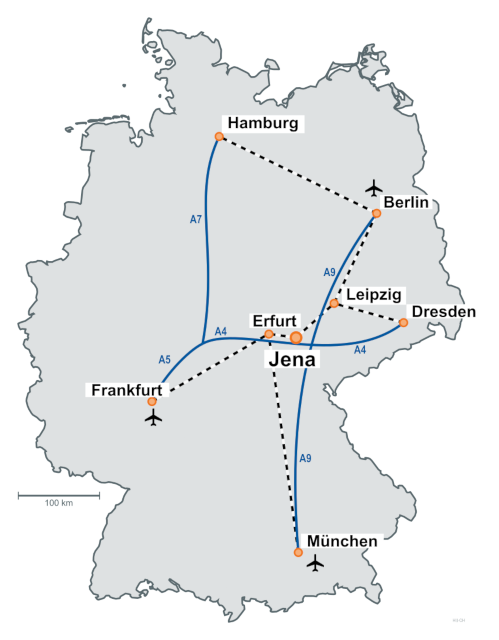
A key challenge in environmental science is the high complexity of interacting systems (e.g., atmosphere and ecosystems) that are captured by very different variables and sensors, e.g., weather stations, ecosystem monitoring, river gauging, and satellite remote sensing. AI and machine learning open up the possibility to address the complex questions in an efficient and evidence-based way, e.g., to reveal interrelationships in the Earth system or to achieve more accurate (weather and climate) models and predictions of climate impacts. In addition, the questions arising from the complex interrelationships in the Earth system can provide new impetus for AI research.
The research project focuses on the integration of data and knowledge with hybrid and explainable machine learning methods to derive new insights, e.g. for climate extremes and their impacts on ecosystem functions or services.
The project is funded by Carl Zeiss Stiftung.
News



Team

Adviser

Prof. Dr. Markus Reichstein
Publications
2024
- Zhong L, Lei H, Li Z, & Jiang S (2024). Advancing streamflow prediction in data-scarce regions through vegetation-constrained distributed hybrid ecohydrological models. Journal of Hydrology, 645, 132165. [link]
- Song W, Jiang S, Camps-Valls G, Williams M, Zhang L, Reichstein M, Vereecken H, He L, Hu X, & Shi L. (2024) Towards data-driven discovery of governing equations in geosciences. Communications Earth & Environment, 5(1), 589. [link]
- Jiang S, Sweet L, Blougouras G, Brenning A, Li W, Reichstein M, Denzler J, Shangguan W, Yu G, Huang F, & Zscheischler J (2024). How interpretable machine learning can benefit process understanding in the geosciences. Earth's Future, 12(7), e2024EF004540.[link]
- Wang C, Jiang S, Zheng Y, Han F, Kumar R, Rakovec O, & Li S (2024). Distributed hydrological modeling with physics-encoded deep learning: A general framework and its application in the Amazon. Water Resources Research, 60(4), e2023WR036170. [link]
- Feng J, Li J, Xu C, Zhang Z, Wu X, Lai C, Zeng Z, Wang Z, & Jiang S (2024). Viewing soil moisture flash drought mechanism and their changes through XAI lens: A case study in China. Water Resources Research, 60(6), e2023WR036297. [link]
- Jiang S, Tarasova, L, Yu, G & Zscheischler J (2024). Compounding effects in flood drivers challenge estimates of extreme river floods. Science Advances, 10(13), eadl4005. [link] [selected for journal cover]



